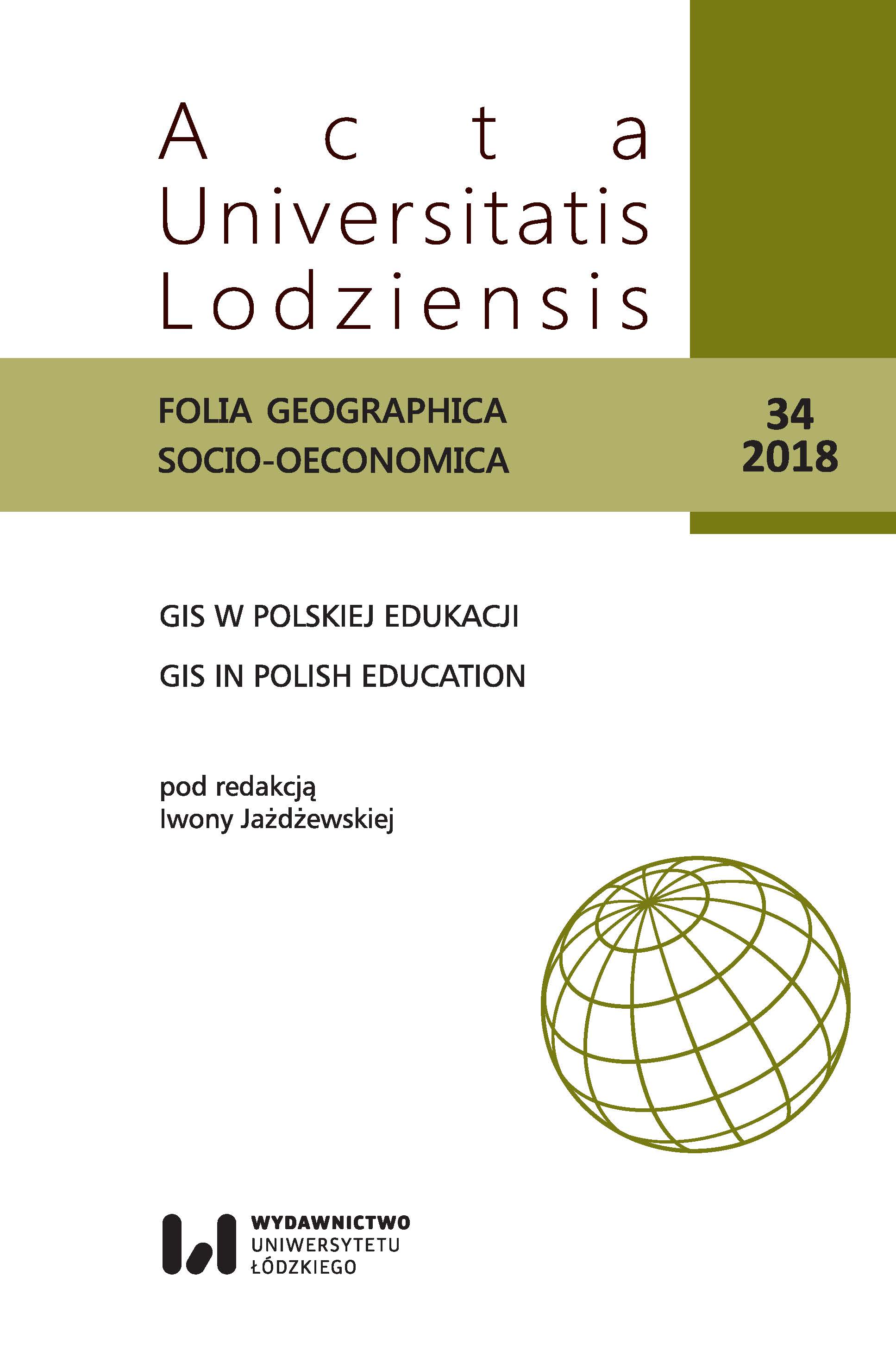Zastosowanie Systemów Informacji Geograficznej (GIS) w dydaktyce geograficznej. Przykład ćwiczeń terenowych „Geografia turyzmu i hotelarstwa”
Application of Geographic Information Systems (GIS) in geographic didactics. Example of terrain exercises ”Geography of Tourism and Hotel Industry”
Author(s): Jolanta Latosińska, Marta NalejSubject(s): Geography, Regional studies, Maps / Cartography, Tourism
Published by: Wydawnictwo Uniwersytetu Łódzkiego
Keywords: tourism and recreation; GIS; tourist function; tourist attractiveness; land use map; point valuation
Summary/Abstract: The aim of the article is to present the methodology of study of the tourism function on the example of the Spała village with the use of Geographic Information Systems (GIS) and the possibility of using them for didactic purposes in the field of Tourism and Recreation on the example of field exercises ”geography of tourism and hotel industry”. The spatial range of field studies conducted as part of the exercises included the Spała village. During the exercise, two spatial methods for determining tourist function were used: land use map and point valuation. Exercises were carried out using GIS technology and tools, including ArcGIS 10.4 (desktop) and ArcGIS Online. The obtained results indicate that the tourist function of the Spała village is well developed. Areas that perform tourist and recreational functions constitute a significant percentage (over 10%) of plots and area (over 4%) of the studied area. However, the most attractive in terms of tourism are the areas located in Spała, in the center of the village, on the Pilica and Gać rivers and along the main communication and tourist routes. The great advantage of the presented methodology was the use of modern technological solutions and tools of Geographic Information Systems, including work in the cloud and with mobile devices. This allowed for: – gathering a large amount of spatial data in a short time; – developing students' skills of cooperation and teamwork; – constant supervision of the progress of field work and the correctness of the data obtained, which prompted students to work more regularly and conscientiously; – availability of research results and the possibility of discussing them directly during field exercises.
Journal: Acta Universitatis Lodziensis. Folia Geographica Socio-Oeconomica
- Issue Year: 34/2018
- Issue No: 4
- Page Range: 77-93
- Page Count: 17
- Language: Polish

